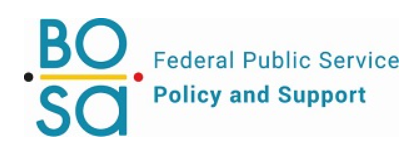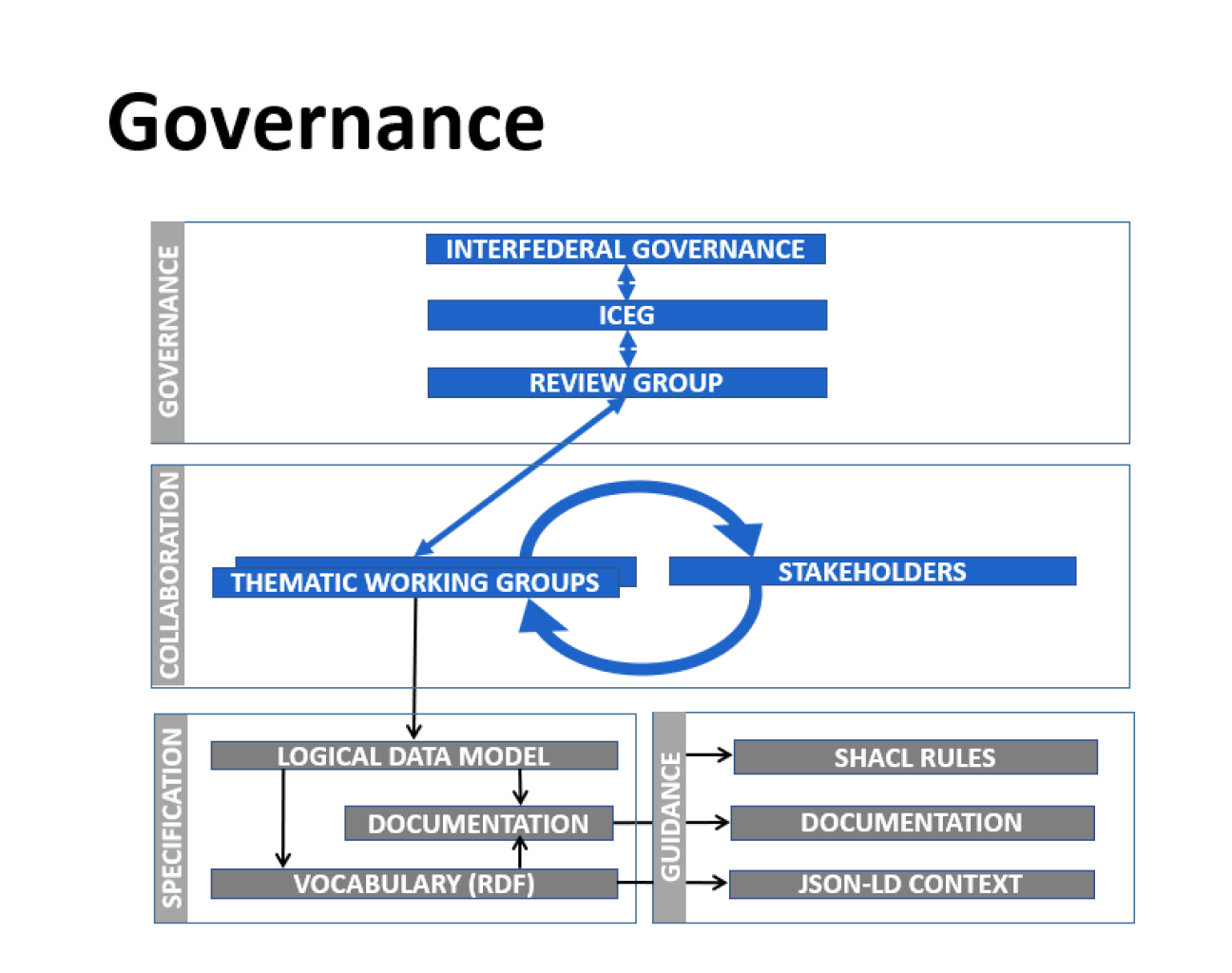Introduction
The ABR project team held an interesting discussion with authorities from the Belgian Federal Public Service (BOSA) based on questions from the Interview Guide.
We are pleased to share the highlights of it with the ABR community in this news article.
Highlights of the interview

In the Belgian complex landscape, where the data governance is divided across autonomous regions, it represents a challenge for federal authorities to introduce standards and create registries. However, BOSA, and more specifically, the Directorate-General for Digital Transformation (DGDT), is successfully addressing the challenge and has positioned itself as an organisation where other institutions and citizens go to when interested in either exposing their data or expressing their needs for establishing certain standards or data source interconnections.
The Data Strategy vision is to provide maximum support for the re-use of government data by offering simplified secure services and secure access to the data, respecting applicable regulations, with transparency to data managers and to natural and legal persons who are the subject of the data.
Belgium is trying to reach this through:
- Unlocking and promoting authentic sources;
- Providing digital data exchange services;
- Developing common standards with a great deal of attention to security and the GDPR;
- Promoting digital transformation by sharing best practices.
The Federal government wishes to focus on the maximum digitalisation of its customer interactions and the underlying operational processes, with the ultimate goal of improving the satisfaction of these 'customers', as well as realising efficiency benefits.
Currently, there are many data sources across the country. One of the issues is that many data users are not aware of:
A) what data exists;
b) where they can find sources of certain data.
To address this challenge, Belgian authorities are trying to promote the data sources. The final goal is to establish one digital data exchange node where users can easily find the data and the source. Currently, in Belgium, a project is in progress with end goal to create a registry of registries. This registry will contain all information about what sources exist, what metadata users can find on data, and what data is kept. Of course, and depending on the permission rights, users will be able to access information they need through secured services.
In practice, federal authorities are very committed to provide support and stimulate institutions to expose and interconnect their data, and this is done mostly through the creation of the necessary standards. On the other hand, there is also a growing bottom-up initiative when it comes to reuse of data. Namely, many institutions are approaching BOSA with the request to establish collaboration in order to digitalise processes and deliver services more efficiently.
Thus, a responsible authority, which in Belgium’s case is the ICEG (Intergovernmental Committee E-Government), recognises the business need for developing a standard, then, it forms a thematic group i.e., temporary working group, whose task is to propose a standard for a specific theme.
In Belgium, the process for creation of standards is documented step by step in ‘Process and method for the development of data standards’.

Figure 1 – Stakeholders involved in governance processes
When the standard is created, it is published on the Belgif and Vocab Belgif websites.
As for data quality, Belgium has a decentralised approach, namely, there is no common rule for data quality check; this is rather developed for each type of data. And, it should be noted, Belgium is following EU guidelines in this regard.
Belgium is currently participating in several EU-led initiatives on cross-border collaborations, such as Digital Europe for All (DE4A) within the Single Digital Gateway (SDG), PEPPOL, and TESTA.

